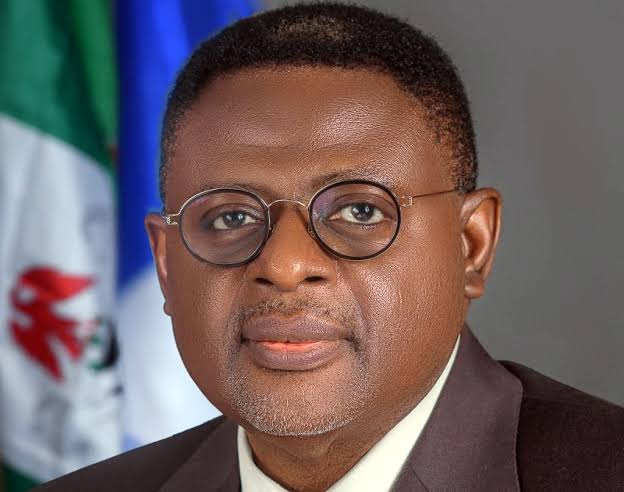BENIN – A cross-section of stakeholders in Edo State-owned Ambrose Alli University, Ekpoma, have called on the State Governor, Distinguished Senator Monday Okpebholo, to demonstrate a deeper understanding of his administration’s plans to reposition the university.
These stakeholders, comprising members of staff, students, and other Ekpoma residents, who expressed their views while responding to questions from a team of journalists on a fact-finding mission at the university.
“If you were here years ago or even six months ago, you would have noticed the extent of the challenges that plagued the university under Governor Obaseki,” they said. “Our only hope was that a messiah would come to help reposition the university’s operations.
Thankfully, our new governor, whom we campaigned and worked for, has been elected. We believe his victory will be a game-changer for AAU, Ekpoma.”
When asked to identify priority areas for the governor’s attention, respondents emphasized the need for proper funding. “Nothing will change if the funding remains the same,” they stressed. “The governor must invest in the university, paying workers’ arrears, implementing the current minimum wage, and supporting structural growth and accreditation for unaccredited courses, restoring the accreditation of courses that lost accreditation, among others.”
Regarding the dissolved governing council and the reconstitution of a new one, respondents praised the outgone council, led by Dr. Omo-Ehijele Frank Odafen, for its achievements. “Dr. Odafen showed genuine love for the university community and the state,” they noted. “His leadership brought about the minimum peace and respite we enjoy today.”
Respondents also commended the council’s initiatives, including the Truth and Reconciliation Panel, Needs Assessment Committee, and promotions for deserving staff. “Dr. Odafen’s administrative understanding of the university’s operations has been impressive,” they said.
In their expectations and recommendations to the governor, respondents urged him to look beyond politics and prioritize competence in appointments to relevant university positions. They also advocated for improved funding to support the university’s growth and development.

 2 hours ago
5
2 hours ago
5













